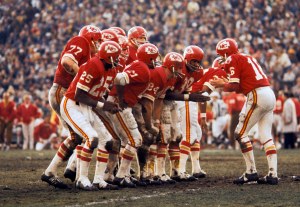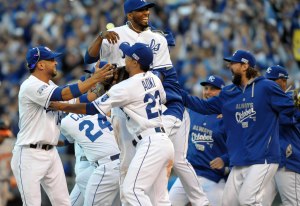My Facebook Account Was Compromised and Suspended—I Thought I Would Die
By the time I saw the emails from Facebook it was too late. A scummy, low-life scoundrel in Germany had made his way into my Facebook account, changing my password and email to wreak havoc on my FB friends, damage my strong standing in the community, and among other evil acts against humanity, leave me feeling helpless in the greater world of social media.
I had two-factor ID verification (I thought I did?), but it did not matter. I was locked away from my baseball friends, writing groups, media feeds, all of my sister’s coffee photos, and more. There was some kinda good news—Facebook suspended my account almost immediately, which meant while I couldn’t get back in, neither could the perpetrating POS hacker. But there was also more bad news: all of my friends could no longer see my account, effectively leaving me in the sorry wasteland of FB outsiders—horrors!
I was a man without.
After my wife talked me down from severe overreaction anxiety and I started to breathe again, I looked at my minimal reconnection options and tried to figure out a way back and rescue my account. I began googling “FB hacked” articles, looking at FB’s help pages, and searching for alternate social media apps. I found that the prospect of getting back in wasn’t good.
Almost everything I read told me that I would not be able to get my account back; Facebook just didn’t care. I did find a couple of pieces that had a hint of hope—with a little magic, moxie, and luck, maybe I could get the account back in 6 weeks.
What?
One article I read, this one, offered the most hope, however small the dose might have been. But after looking over the Facebook help options, I landed on this FB page, which was minimally highlighted in the hacker article. I sent several notes through that page three days in a row. I was finally given the chance to upload my ID and provide a different email address, which four day later lead me to submit more duplicate info through the same page. But then, without notice, I was given a chance to change my password, find an authenticator code (Google it, I’m still confused at what I did), and after a little luck, BOOM!
I was back.
It took 8 days, a lot of heavy breathing, some reassurance from my wife (“You’ll survive”), but most importantly, Facebook’s security staff. How many hacked accounts do they look at each week, each day, every hour? My persistence paid off for me, but I know Facebook had to have stepped up their service, albeit in a silent way. They use AI to look at IDs, and I know that was a major factor in getting my account back.
After a week of no likes, loves, reading funny quips, stupid notions, overthinking whether I should post or not, and perusing over political news, I came to the mild realization that I could survive, even if I didn’t think would without FB. I also learned I would never again take my sister’s coffee pics for granted.
So, to the German hack who decided he wanted to be me, I say, “Ha! Hack this, dude!” I have no idea how or why my account was chosen, nor do I care. To Facebook, I extend a humble and most grateful thanks—many, many kudos to the security team for pulling me back from the dark abyss of no social media.
And to my FB friends, I simply say, “I’m back!” even if you never knew I was gone.








